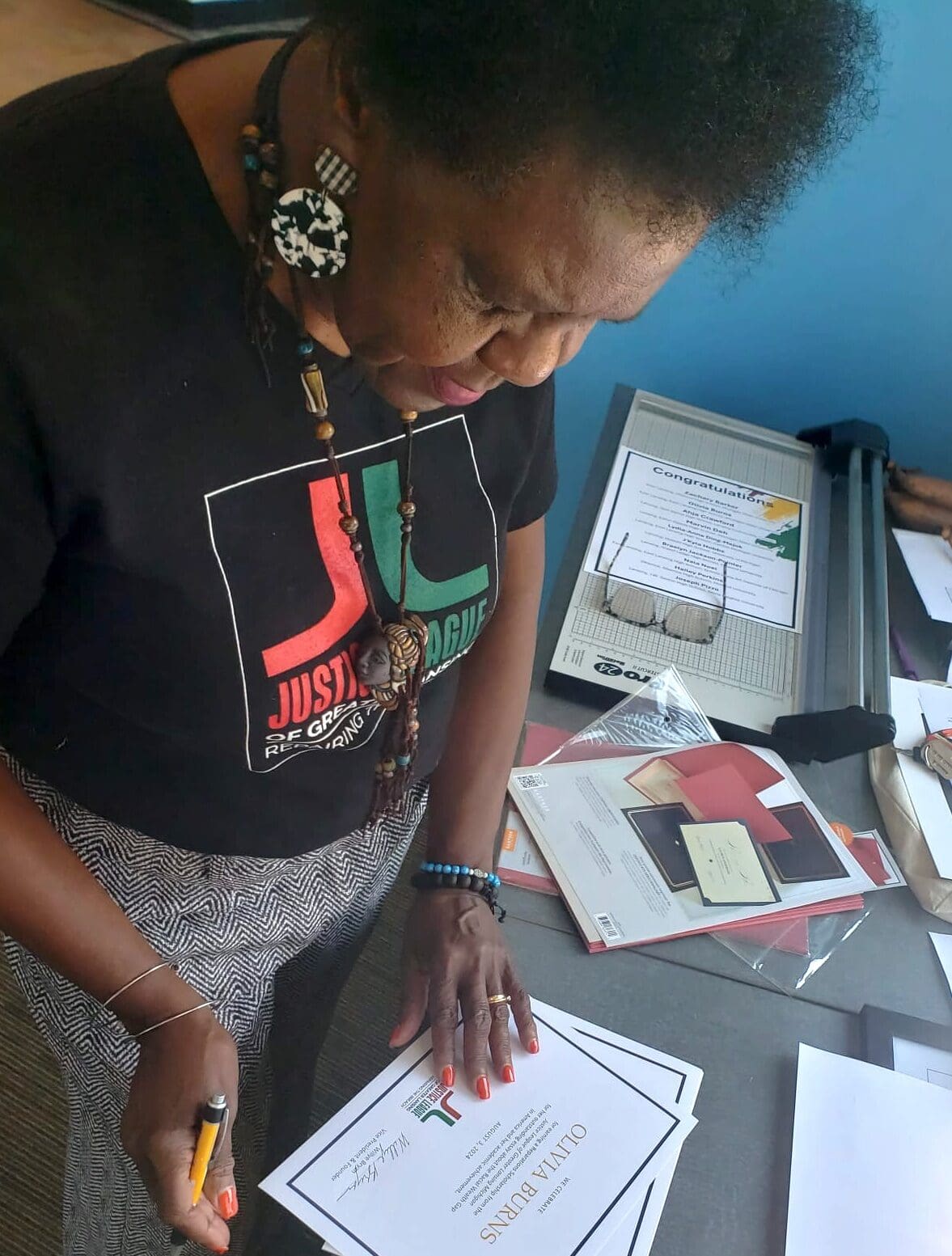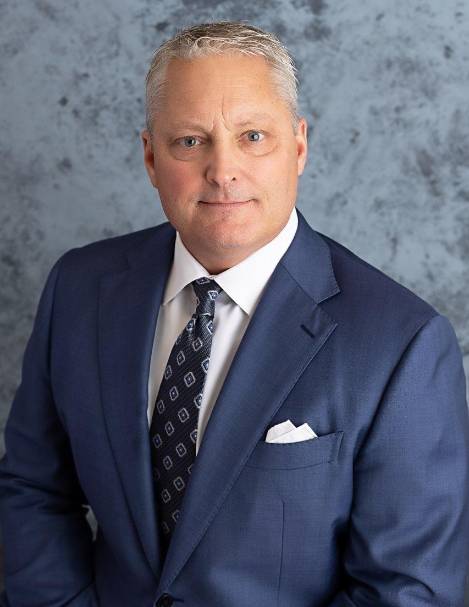Willye Bryan signs one of the certificates to be awarded to the scholarship recipients before the event.
Courtesy photo
By TNCPNEWS
LANSING, MI — The Justice League of Greater Lansing Michigan has taken a bold step toward addressing the racial wealth gap by awarding $50,000 in Reparations Scholarships to 10 deserving high school seniors. Each recipient will receive a $5,000 scholarship to support their educational pursuits, marking the first distribution from the Justice League’s Reparations Fund.
The scholarships were presented during a heartfelt event at Lansing Church of God in Christ on Saturday, August 3rd. The event was attended by the recipients, their families, and supporters of the Justice League, highlighting the significance of this initiative in fostering educational and social equity.
Prince Solace, President of the Justice League of Greater Lansing Michigan, emphasized the importance of a united community in driving this project forward. “This reparations project requires an intergenerational, cross-racial, and cross-denominational approach,” he stated. “Support from the faith and secular community is vital. The wisdom shared by the nine-member African American Advisory Council and the integrity of our executive leadership team keeps us focused. It is through education and community engagement that this project takes root. We are thankful to all of our dedicated volunteers.”
The scholarship recipients, who hail from various high schools across the Greater Lansing area, include:
– Zachary Barker, East Lansing, Okemos High School, Michigan State University
– Olivia Burns, East Lansing, East Lansing High School, Michigan State University Honors College
– Ahja Crawford, Lansing, Holt Senior High School, Lansing Community College
– Marvin Deh, Lansing, Eaton Rapids High School, Michigan State University
– Lydia-Anne Ding-Mejok, Lansing, East Lansing High School, Central Michigan University
– J’Kyla Hobbs, Lansing, Haslett High School, University of Michigan
– Braelyn Jackson-Pointer, Lansing, Grand Ledge High School, Howard University
– Nala Noel, East Lansing, East Lansing High School, School of the Art Institute of Chicago
– Hailey Perkins, Okemos, Okemos High School, Howard University
– Joseph Pizzo, Lansing, J.W. Sexton High School, Siena Heights University
The scholarships were awarded based on the students’ academic achievements and 500-word essays that explored the racial wealth gap or generational wealth in America and its impact on their families. The essays revealed the students’ deep understanding of systemic barriers and their commitment to overcoming them through education and community involvement.
Willye Bryan, founder and vice president of the Justice League, highlighted the recurring theme of discrimination in the students’ essays. “A common thread in their essays is that discrimination today has resulted from years of social injustices. It continues to limit African American families’ access to basic wealth builders — education, higher-paying jobs, and home ownership. This does not allow for generational wealth building, nor does it allow for closing the Racial Wealth Gap,” she said.
Excerpts from the winning essays further illustrate the students’ insights into the challenges faced by African American communities. Marvin Deh wrote about the lasting impact of segregation, stating, “… segregation was only two generations ago. Most of our grandparents can describe what it was like to be African American back then and the struggles they had to face. They could not build generational wealth when the world was actively pulling the rug from underneath them.”
Olivia Burns, a Black transracial adoptee, contrasted the economic disparities between her adoptive and biological families, noting, “Today my adoptive family owns their homes, and no one in my biological family owns their homes.” Her essay underscores the ongoing effects of systemic inequalities on generational wealth.
J’Kyla Hobbs emphasized the need for systemic change, advocating for policies that promote equity and inclusion. “Investing in affordable housing, improving access to quality education and healthcare, and reforming the criminal justice system are critical steps toward building a more equitable society,” she wrote.
The Justice League of Greater Lansing, Michigan was founded in 2021 to address the racial wealth gap in the region. With a Reparations Fund exceeding $400,000, the organization seeks to repair the historical damages of slavery and its aftermath through financial reparations aimed at supporting home ownership, education, and entrepreneurship among descendants of enslaved African Americans.
For more information, visit www.JusticeLeagueGLM.org.
Introduction to the Essays by Hailey Perkins and Joseph Pizzo
The exploration of generational wealth and its impact on African American families is a profound journey into the history and ongoing consequences of systemic racism. Two remarkable students, Hailey Perkins and Joseph Pizzo, have delved into this critical issue through essays that reflect their personal understanding and the broader societal implications of generational wealth disparities.
Joseph Pizzo, a graduate of J.W. Sexton High School who will be attending Siena Heights University, shares his evolving perspective on reparations and the historical roots of generational wealth. His essay, “What I Learned About Generational Wealth,” chronicles his initial skepticism about reparations and how his research led him to a deeper understanding of the lasting effects of slavery, segregation, and discrimination on African American families. Through personal reflections and historical analysis, Joseph articulates the complexities surrounding the racial wealth gap and offers thoughtful solutions to help bridge this divide.
Hailey Perkins, a graduate of Okemos High School and an incoming freshman at Howard University, presents a powerful narrative that connects historical events with the present-day challenges of preserving generational wealth in African American communities. Her essay highlights the story of the Bruce family, whose beachfront property was unjustly seized nearly a century ago, and how the loss of such assets reverberates through generations. Hailey’s reflection on her own family’s experiences and the broader context of land theft and systemic disenfranchisement underscores the ongoing struggle for economic justice and the importance of honoring the legacy of those who came before us.
These essays not only provide insight into the personal journeys of Hailey Perkins and Joseph Pizzo but also contribute to a larger conversation about the need for reparative actions and policies to address historical injustices. As readers engage with their thoughtful and impassioned writings, the urgency of addressing generational wealth disparities becomes ever more evident.
What I Learned About Generational Wealth
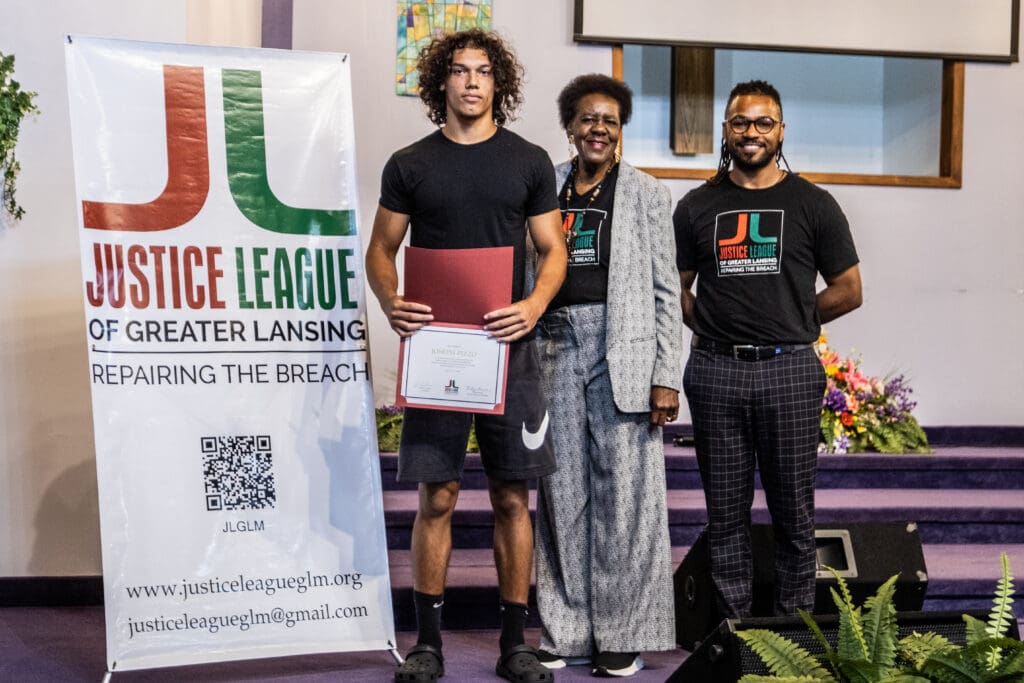
Joseph Pizzo, left, is a 2024 Reparations Scholarship recipient. He’s pictured with Justice League leaders Willye Bryan and Prince Solace.
Photo by Susan Land
By Joseph Pizzo – J.W. Sexton High School
This essay is about my understanding of generational wealth and how it relates to reparations. When my mother first asked me if I believed African Americans should receive reparations for the 300 years of enslavement and even more years of racist policy allowed by the American government, I immediately said no. She tried to explain why she thought it was important, but I still held the same opinion. Later, I thought about it and sent her a text to clarify my response. Here’s what I texted her.
“I’m not against reparations, and if African Americans are given it that would be great, but I do believe that as long as we keep acknowledging all that divides us, all these race wars will continue. I believe the only solution is uniting, under Christ. I believe only a true relationship with Christ, will help us as a society find peace and prosperity and end division and chaos. This is of course, nearly impossible, but that is my belief and what I would advocate for.”
After I received this essay topic, I researched a lot more and learned how generational wealth was formed and how it affects African Americans today. Slavery is a painful part of African American history and the elimination of slavery by the 13th amendment in 1865 did not erase its consequences. They are visible even now and generational wealth is one area of proof. Assets that were inherited from one generation to another define generational wealth. These assets might include investment funds, shares or stocks in a business or company, real estate properties such as lands, houses, and bonds. All of these create wealth that can be passed from one generation to another.
After the Civil War finished, General William T. Sherman gave out a Special Field Order that reserved land by the southeast coast to give to ex-slaves from Africa. This order was supposed to help them start fresh and create a life of their own. The “Forty Acres and a Mule” order could have created lasting wealth for African Americans, but the “promise” was not fulfilled, and former slaves did not get their land. Although the promise would not have made up for 400 years of whites earning millions from slave labor and African Americans earning nothing it could have been a start. This issue worsened with segregation, housing and employment discrimination that limited the economic progress of African Americans and perpetuated generations of poverty even today.
My mother’s grandmother lived in the segregated South and was only allowed a third grade education. She was a part of the great migration because of racism, but when she arrived in Detroit, she didn’t have anything and couldn’t buy a home or live in certain areas. This is why my mom’s mom, my grandmother will be the first generation to own a home that she can pass to the next generation, but the house is in Detroit, so it is not worth much at all. The historical disadvantages created by slavery, racial terrorism, segregation, discriminatory practices, and policies destroyed the chance for African Americans to gain and keep wealth until after civil rights laws were put in place in the late 1960s only sixty years ago.
When I finished my research, my mother asked me again if I think reparations can repair the wealth gap or what is my solution? I texted her, “I believe it can help but I think there are multiple factors to it that may be hard to overcome. A solution might be offering more education about generational wealth to Blacks so they understand the value of property and financial wealth education plus making policies that support opportunities for Blacks that weren’t available before.
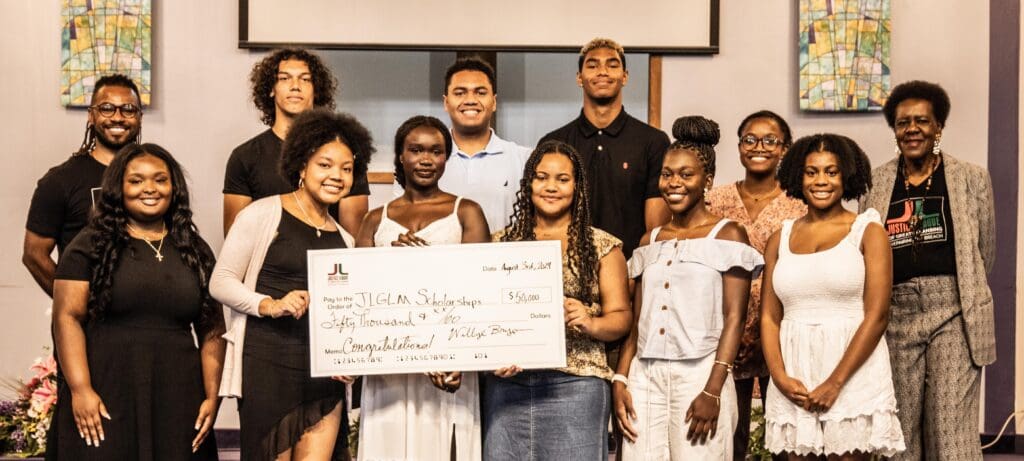
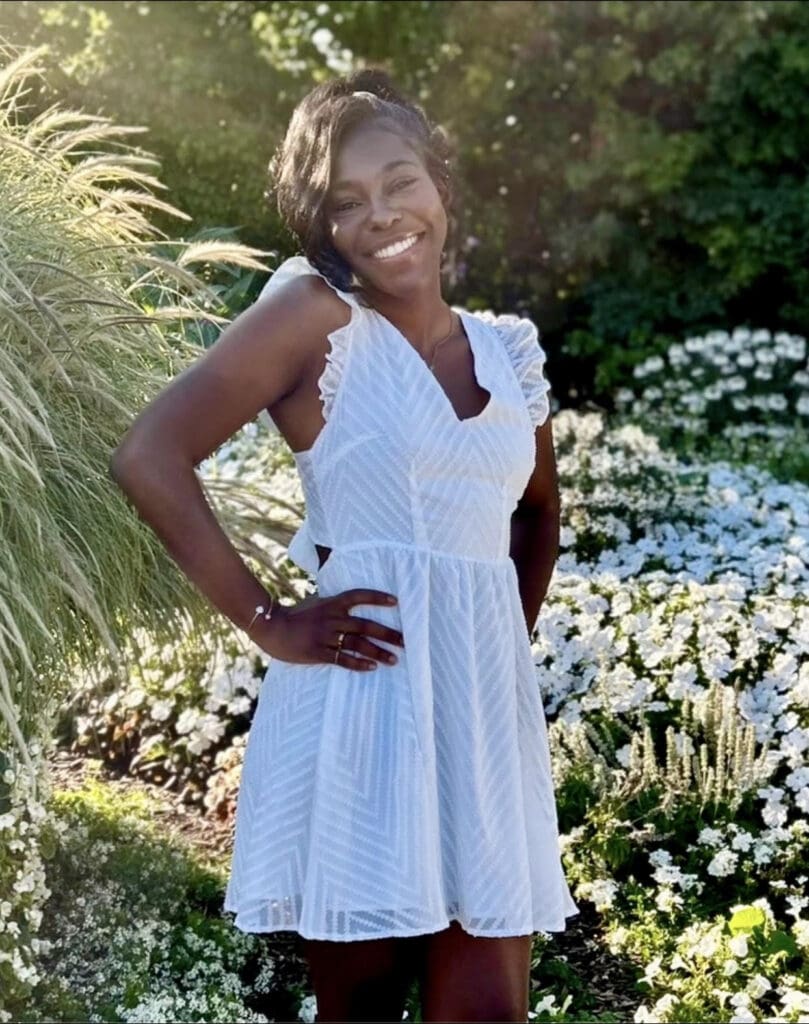
Hailey Perkins
Courtesy photo
By Hailey Perkins – Okemos High School
Proverbs 13:22 reads, “A good man leaves an inheritance to his children’s children.”
In 1912, Willa and Charles purchased a parcel of beachfront property for $1,225 and created a luxurious coastal tourist destination for African Americans, complete with gorgeous ocean views, a dancehall, and café! At that time, Black families weren’t allowed at most beaches or resorts due to segregation. The Bruce family set out to change that, and shortly thereafter, their resort was thriving and growing in popularity.
Unfortunately, they also gained the attention of the KKK and angry white residents, who were disquieted by the joy and pride that Willa and Charles were bringing to so many Black families. Within 12 years, their land and bustling new business would be seized from the Bruce family – citing eminent domain.
Fast-forward to 2021, California Governor Gavin Newsom signed Senate Bill No 796 which made it possible for the Bruce descendants to reclaim the beachfront land that Charles and Willa purchased for their family almost 100 years ago. The valuation of that land was $20 million dollars. This is a mere fraction of the generational wealth that the Bruce heirs stood to gain, had it not been for the arrested development of their great-great-grandparent’s dreams, 98 years ago. How much profit could this still-growing business have generated over a century? Would they have expanded to add other attractions, different locations, a franchise even? And what would that have been worth? Would “The Bruce” have become the go-to hotel in 2024 for young, hip celebrities? Generational wealth is the tangible hope that’s handed over to the next generation to carry forward what was begun, bought, built, and now bequeathed. It is a baton that the previous wave cherished, protected, and labored to pass on to the next leg-with a goal of a shorter road to the finish line.
While I was never directly robbed of my land, labor, or freedom, I’m still harmed by what was done to my ancestors. Just like the descendants of Charles and Willa Bruce, the things stolen from my great-great-grandparents, rightfully belong to me. They toiled, suffered, sacrificed, prayed, and built-for me. They were honorable, hard-working, intelligent, creative, and good, yet there is nothing left for their children’s children.
In addition to the material wealth, potential wealth, wisdom, culture, ingenuity, and pride that I would never see, the history of their love was stolen. Along with the hard evidence, the stories of their perseverance and hope for me were taken, too. The theft of generational wealth reverberates throughout the entire family line. An article from the Institute of Policy Studies reports that, “at the beginning of the 20th century, African Americans owned at least 14 million acres of land. By the 21st century, 90 percent of the land had been stolen from them.”
My ancestors are due honor for what they accomplished for me. And we owe it to them to not let their reputations continually be maligned, and their work be in vain.

